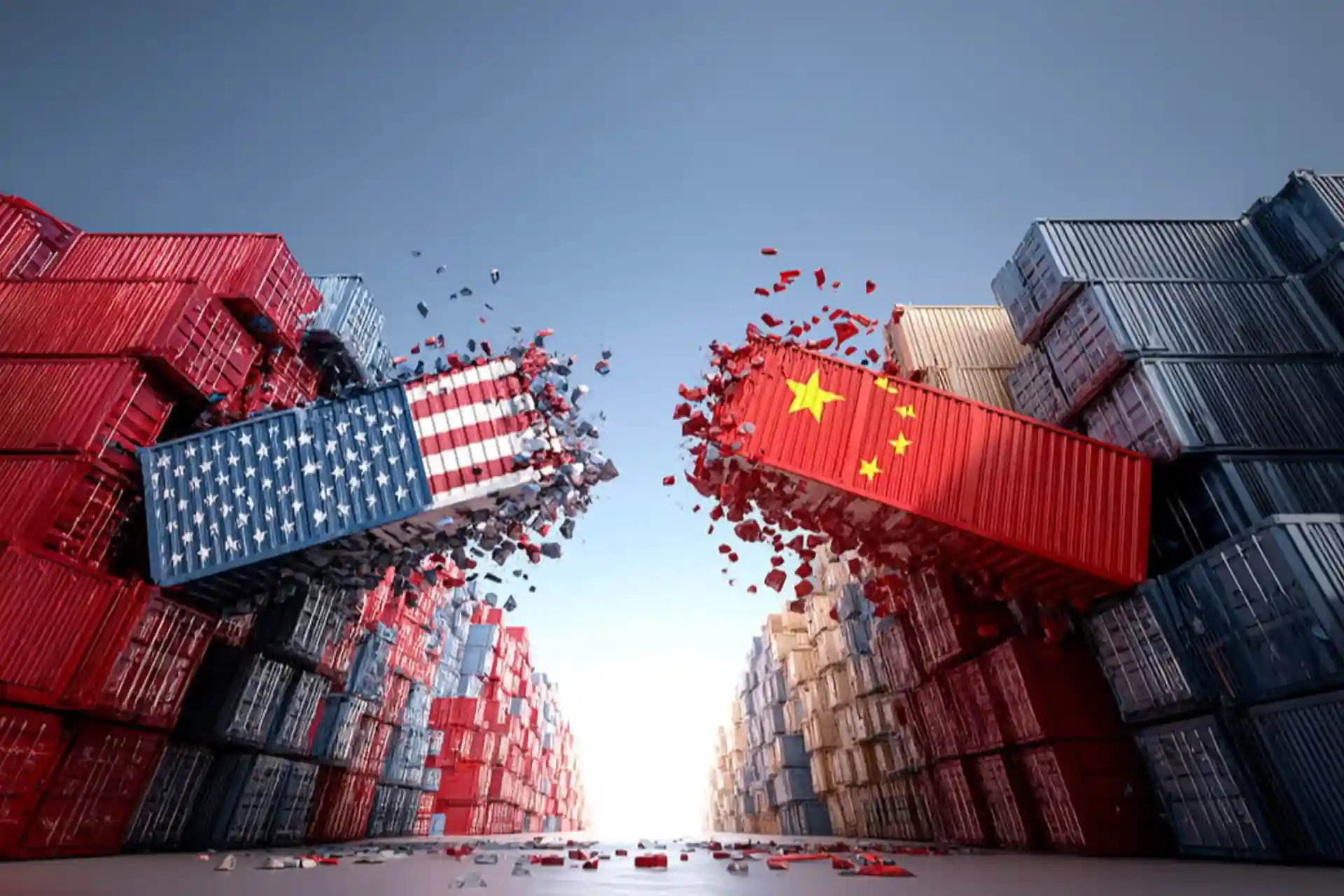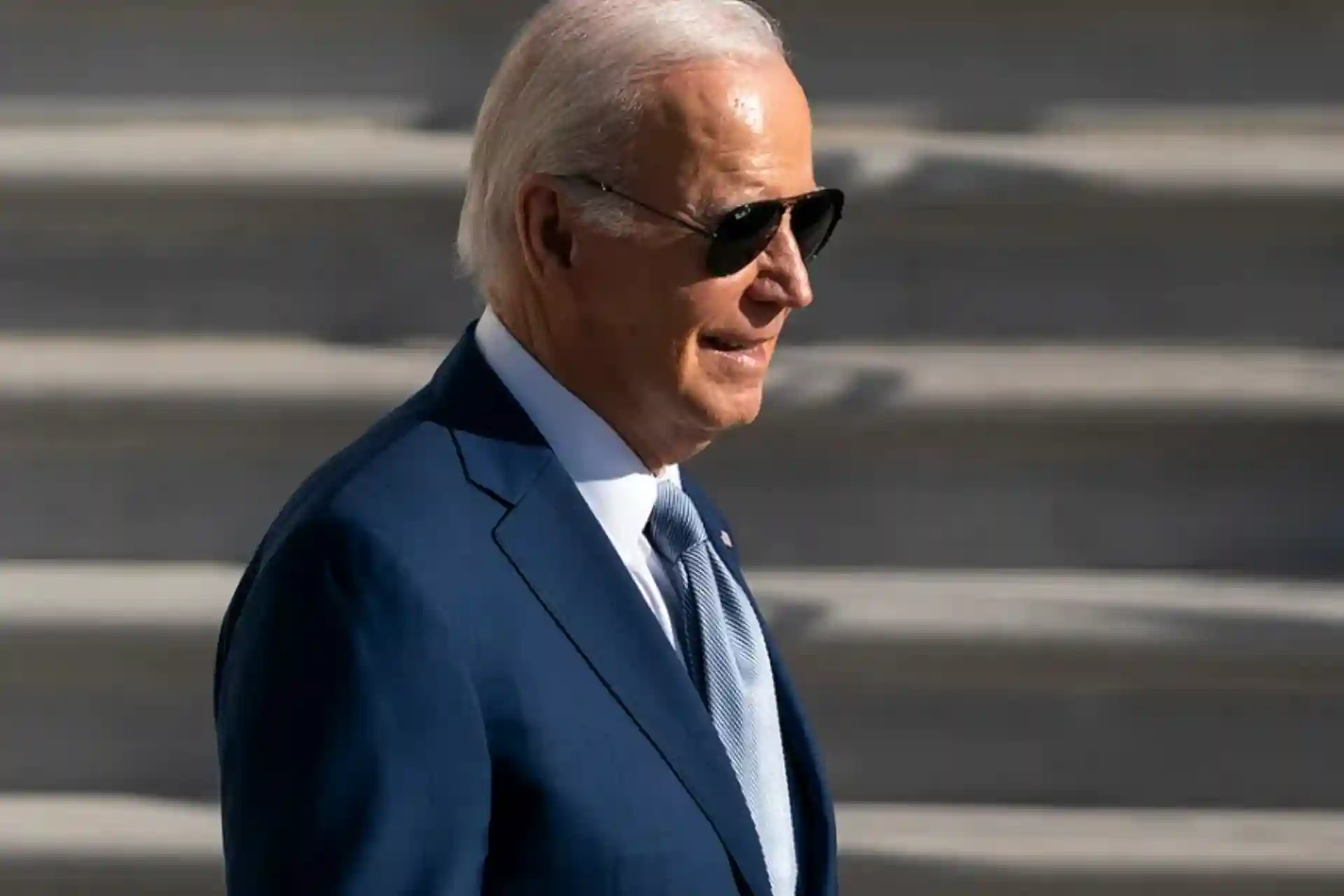22.09.2025 17:31
807
Who do Arab youth lean towards: America or China?
After the Chinese military parade in Tiananmen Square in Beijing on September 3, 2025, dedicated to the 80th anniversary of the end of World War II, hope was once again awakened in the Arab world: a new power is emerging that will counter America and provide protection to weak and exploited regions, especially the Arab region. Statistical figures also seem to confirm this: the Arab world is increasingly inclined to "pro-China sentiment" today.
The results of surveys published in many international media outlets ahead of the parade have drawn attention, with a particularly positive sentiment toward China among Arab youth.
These surveys were conducted by reputable publications such as Global Times and Arab Barometer, as well as PR centers in Arab capitals.
Some see these results as natural: because the main point China is promoting in the region is that, unlike the United States, they have not interfered militarily in the Arab world.
Chinese media also widely cover economic success and cooperation. The numbers also show that economic cooperation, or "money," is trumping all other topics in this region.
Moreover, many governments and businesses see China as a "reliable and depoliticized partner," allowing them to import technologies without the human rights conditions or political pressures of the West, says researcher and human rights activist Jiang'in Yan.
The joyous reception of the parade in the minds of Arab nations may also be due to the impression that it tickled the United States. President Trump wrote on his Truth Social platform, allegedly referring to Xi Jinping: "Please convey my warmest regards to Vladimir Putin and Kim Jong Un, you are conspiring against the United States of America."
US policymakers interpret this scenario as a threat. They believe that China's activities in the region pose a threat to US interests and stability. For example, in 2022, former Deputy Assistant Secretary of Defense for Policy Colin Kall said of Beijing: "China is building relationships based only on narrow trade and geopolitical interests, but is not seriously investing in regional security." US Air Force generals also confirmed this, saying that China's "tactics" are aimed at "crowding out" the US.
However, American researchers at the Carnegie Endowment believe that this view is wrong. In their view, China's activity in the region is actually part of the process of "geopolitical multipolarity." Now the countries of the Middle East are not looking for a single "master brother", but are trying to diversify various partnerships in order to maintain independence and protect their interests.
While this process has opened up wider opportunities for China, it has also paved the way for strengthening ties with "middle powers" in the region, such as India, South Korea, Japan, and Turkey. So, the point is not about Beijing replacing the United States, but about the multipolarization of the world order.
In his book The End of the American World Order, professor of international relations Amitav Acharya writes: The United States achieved superpower status after 1945 not only because of its economy, but also by combining its economic power with military power, technology, political legitimacy, and a system of strong alliances. The dollar became the world currency and financial platform. This rise was complex.
Peymon Solihii of the Quincy Institute says it's too early to see China as "the next victorious empire." Because China doesn't yet have the systemic advantages that underpin US power. For example, the yuan is not fully convertible, it doesn't have an alliance system like NATO, and its overseas bases are limited.
Therefore, even Arab official circles understand that this parade is not a "victory", but a demonstration of intent and power.
The reality today is that the international order that emerged after World War II is increasingly losing credibility. Russia's invasion of Ukraine and the unprovoked massacres in Gaza are further eroding trust in this system.
A. S, [22.09.2025 17:22]
As a result, the sentiment among the Arab public that “the era of a single superpower is over” is growing. But at the same time, China’s chances of overtaking the United States are also shrinking. Even experts — such as George Magnus — say that such a lead may not happen at all. The reason is that China’s growth is slowing down, and its internal structural problems are intensifying.
So, the hopes that are forming in Arab society that "China will replace America" are nothing more than an illusion. In reality, the world is moving towards a multipolar, not a unipolar, future.



